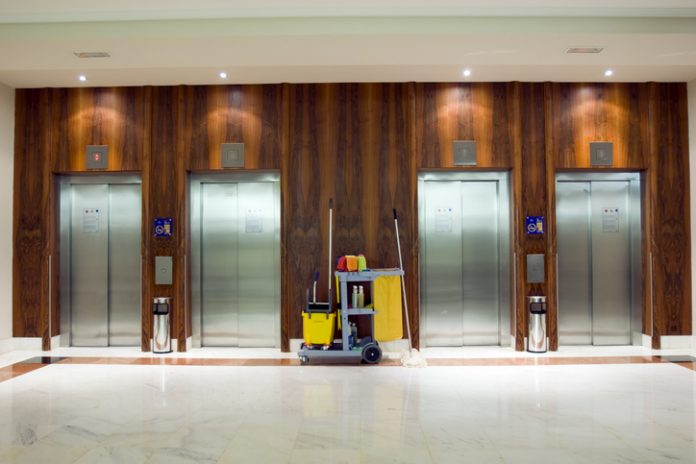NEW YORK — New York City hotels are instituting active and unprecedented sanitization programs to help ensure the health and safety of guests and employees according to anti-coronavirus guidelines issued by the Hotel Association of New York City as informed by the CDC and the New York City Department of Health.
“We are fully supportive of the measures being taken by the authorities to combat the spread of coronavirus. The safety and wellbeing of our guests and employees is always our highest priority,” said Vijay Dandapani, president and CEO of the Hotel Association of New York City. “We want to reassure those who are traveling that our member hotels are taking extraordinary measures to ensure the cleanliness of their facilities including sanitization measures for guestrooms and common areas. Additionally, we have issued guidelines for employee training so that everyone can employ best practices as advised by the CDC and Health Department.”
Because experts have advised that coronavirus appears to spread much like seasonal flu, hotels should follow standard flu prevention measures to combat the spread of coronavirus, including the following.
Cleaning Common Areas
Public restrooms and common areas should be cleaned regularly. All public bathrooms should be cleaned and disinfected multiple times on a regular schedule throughout the day. Common areas including lobbies and elevator banks should be wiped down and sanitized continuously throughout the day.
Special Employee Training
Employees should be instructed on appropriate hygienic and disease prevention practices (e.g., hand washing, covering of mouth when sneezing or coughing, etc.). Staff must wash their hands often with soap and water, especially after they cough or sneeze. Managers should re-emphasize to staff that they cover their nose and mouth with a tissue when coughing or sneezing and to immediately dispose of the tissue after use. Staff should be reminded to avoid touching their eyes, nose or mouth before washing hands.
Employees should get the seasonal flu vaccine. While the flu vaccine is not effective against the 2019-nCoV coronavirus, it is effective against the far more common seasonal flu.
Follow CDC disease prevention guidelines.
Cleaning Guestrooms
Occupied guestrooms without “Do Not Disturb” requests should be cleaned and checked daily including: cleaning and disinfecting of bathrooms; cleaning and disinfecting of surfaces used for preparing or storing food (e.g., kitchenette, refrigerator, water or coffee station, etc.); removal of all garbage and waste, including unfinished food; inspection for and safe disposal of any biohazards; and close inspection for vermin or insects or similar vectors. Towels and linens should be laundered at a high temperature for sufficient time.
Service
Staff should be available to assist guests with medical issues. Front desk staff should be available 24/7 to assist guests who have medical issues, including access to emergency numbers (ambulance, disease control, poison control, police, fire, etc.) and familiarity with nearby medical facilities where guests can be referred in the event of illness.
Food and Beverage
Hotels should ensure that all food safety policies are followed, including daily cleaning and disinfection of kitchen and other food preparation areas, regular cleaning and disinfection of eating surfaces (including tables, counters, etc.), employee handwashing and hygiene practices, and proper cooking and storage of foods, among others.











